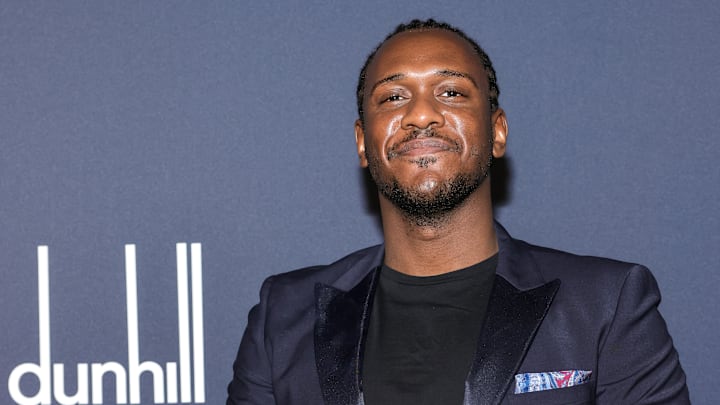Representation in entertainment matters. That includes video games, where throughout history most characters tend to represent the gaze of white male players. As gaming companies experiment with characters from other backgrounds, the pushback to that change remains swift and visceral. Abubakar Salim, the creative director of Tales of Kenzera: ZAU recently shared a statement about “constant targeted harassment” he and his studio have faced, and it’s yet another example of how pervasive this issue is within gaming.
Tales of Kenzera was released on April 23 on major consoles and PC. On Metacritic the game sits at a 76 score (based on 63 critic reviews) and a 7.2 user score (based on 311 user ratings). It’s a Metroidvania that is based in African folklore and speaks heavily to cultural ideals around death, grieving, and more. Salim referenced that the game was an outlet for him as he dealt with losing a loved one in his personal life.
Abubakar Salim, the creative director of Tales of Kenzera: ZAU, issued a statement today addressing the "constant targeted harassment" both he and his studio have faced since the release of game. https://t.co/4FkFmvQsnr pic.twitter.com/ulNdxv7oLG
— IGN (@IGN) June 1, 2024
The response around ZAU was a massive outcry of love, but it was a game that some enjoyed, as represented by the scores mentioned above. However, the game was also heavily targeted by those who were chasing the “DEI Boogeyman,” specifically because ZAU is one of several games that used consulting services from Sweet Baby Inc, the gaming company at the center of Gamergate 2.0. This brought out several detractors, and for evidence of such check out the reply chain for any social media post featuring this game. You’ll see several examples of comments denigrating the game’s mere existence, coming from people who claim they have no interest in the game.
Yet, this entire situation speaks exactly to the frustration that Salim mentions in his video.
“Diverse games are not about taking something away from you. They are about adding something in, because there’s room for all of us,” Salim said in his statement video. “I really do believe that games are for everyone.”
Video games are for everyone, which means there are bound to be games that feature people of different ethnicities, races, genders, identities, and much more. But whenever those individuals are central to the story, the backlash comes. Take Assassin’s Creed Shadows for example. The game is set to feature two playable characters, a Japanese woman named Naoe and Yasuke, the first playable protagonist based on a historical figure. The game presents Yasuke as a samurai who has sent a mass of people up in arms. While there are no accredited records of Yasuke’s position in life in the 1500s, social media has created a legion of experts who are upset because he wasn’t an actual samurai, and that the game doesn’t include a Japanese male as a playable character. Yasuke has been portrayed in several different forms in the past, including anime and manga – but his appearance in this video game is a step too far for some.
Let’s rewind the clock a bit to another time when this same issue popped up within Assassin’s Creed. Assassin’s Creed III was the first time the game featured a protagonist who wasn’t a white European man. Ratonhnhake:ton (also known as Connor), was the main playable character alongside his father, Haytham Kenway. His mother was a Native American. Connor’s character was met widely with disdain, frequently ranking him one of the worst in the series.
The same type of rhetoric followed as the series began to introduce women into the fold as well. It is a never-ending cycle that will continue as culture wars infect nearly every aspect of society. It’s one thing to not want to play a game that doesn’t interest you. But it’s a completely different thing to try to ensure said game, the studio, and the people behind it fail or are punished for their entry into space. It’s that type of behavior that leads to more toxicity in an industry that’s supposed to be welcoming of all.
“These exclusionary rules continue to stack up,” Salim said. “The goal posts continue to shift. Until me, my studio, people who look like us, just sit down, be quiet and just accept the fact that you’re outsiders. But I won’t do that.”
It’s important that creators like Salim are not silenced. There’s a space for all gamers and characters that represent the full gamut of today’s society. Anyone pushing back on that shouldn’t be allowed to dictate what creators create and players play. Here’s to the continued push for inclusion in video gaming and entertainment as a whole.
